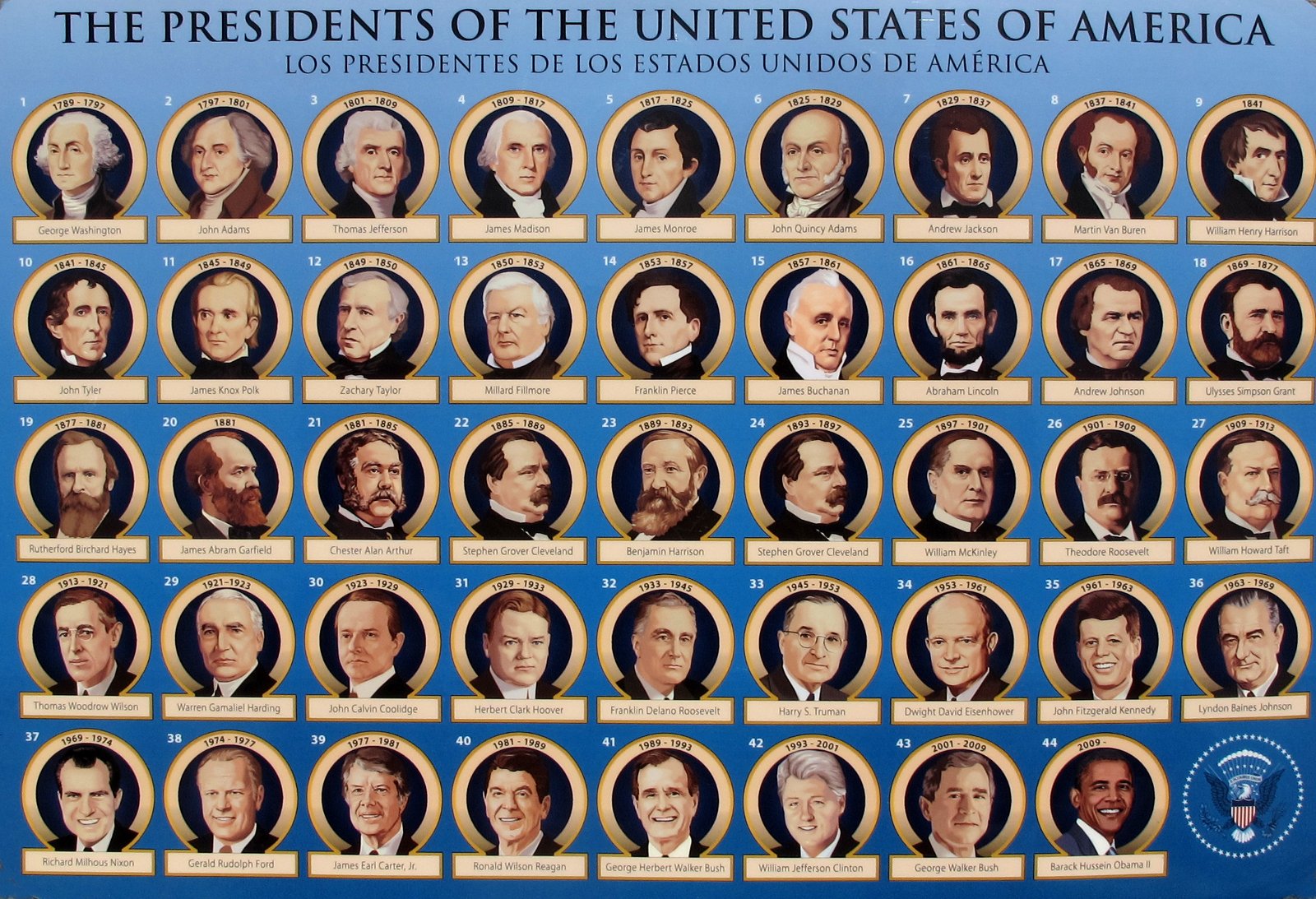The question of how many independent presidents have there been is a significant topic in the realm of political history. Understanding the evolution of presidential leadership in independent nations offers insight into the democratic processes and governance structures that shape our world today. In this article, we will delve into the definition of independent presidents, explore various countries that have had independent presidents, and analyze the impact of such leadership on national development.
This exploration will cover the criteria that classify a president as "independent," the historical context of independent presidential terms, and notable independent presidents throughout history. Furthermore, we will assess how these leaders have influenced their respective countries during their tenure. By examining these aspects, readers will gain a deeper understanding of the role of independent presidents in shaping modern governance.
As we navigate through this intricate subject, we will provide key statistics, relevant data, and insights into the political landscape that has allowed for the rise of independent leadership. Join us on this informative journey as we uncover the rich history of independent presidents across the globe.
Table of Contents
- Definition of Independent Presidents
- Historical Context of Independent Presidents
- Key Countries with Independent Presidents
- Notable Independent Presidents
- Impact of Independent Presidents on National Development
- Statistics and Data on Independent Presidents
- Challenges Faced by Independent Presidents
- The Future of Independent Leadership
- Conclusion
Definition of Independent Presidents
Independent presidents are leaders who are elected to office without being affiliated with a major political party or who have maintained a significant degree of independence throughout their tenure. This independence allows them to make decisions based on their own principles rather than party lines. The definition may vary by country, but generally, these presidents are characterized by their unique ability to appeal to a broad spectrum of voters without the constraints of party politics.
Characteristics of Independent Presidents
- Non-affiliation with major political parties
- Ability to build cross-party coalitions
- Focus on national interest over party agendas
- Flexibility in policy-making and governance
Historical Context of Independent Presidents
The concept of independent presidents has evolved over time, particularly in contexts where political parties have been weak or have failed to represent the electorate effectively. Many independent presidents have risen to power during transitional periods in a country’s political history, often following significant social or political upheaval. These leaders have sought to unify a fragmented society and to build a government that is responsive to the needs of all citizens.
Key Countries with Independent Presidents
Several countries around the world have had notable independent presidents. Here are a few examples:
- United States: While primarily a two-party system, figures like George Washington and more recently Joe Lieberman have been regarded as independent figures.
- France: Presidents such as Charles de Gaulle have operated outside traditional party lines.
- Brazil: Figures like Juscelino Kubitschek have been recognized for their independent leadership.
Notable Independent Presidents
Throughout history, several independent presidents have made significant contributions to their countries. Here are a few notable figures:
1. George Washington (United States)
As the first president of the United States, Washington set many precedents for the office. He chose not to affiliate with any political party, believing that political factions could be detrimental to national unity.
2. Charles de Gaulle (France)
De Gaulle, a prominent military leader during World War II, later became the president of France. His leadership was marked by a strong independent vision for a modern France.
3. Juscelino Kubitschek (Brazil)
Known for his ambitious development plans, Kubitschek's presidency focused on modernizing Brazil and constructing the new capital, Brasília.
Impact of Independent Presidents on National Development
Independent presidents often bring a fresh perspective to governance, which can lead to innovative policies and reforms. Their ability to transcend party politics allows them to address pressing national issues without the constraints of party agendas.
Positive Impacts
- Implementation of unbiased policies
- Promotion of national unity
- Encouragement of civic engagement and participation
Negative Impacts
- Potential isolation from political support
- Risk of unilateral decision-making without party input
Statistics and Data on Independent Presidents
Understanding the prevalence of independent presidents can be aided by examining relevant statistics. Here are some key data points:
- Percentage of independent presidents in the last 50 years: approximately 15%
- Countries with a history of independent leadership: over 25 countries
Challenges Faced by Independent Presidents
Despite their potential benefits, independent presidents face unique challenges in governance. These challenges include:
- Maintaining political support
- Navigating a polarized political landscape
- Establishing legitimacy without party backing
The Future of Independent Leadership
The future of independent leadership is uncertain, as political landscapes continue to evolve. However, as citizens demand more accountability and responsiveness from their leaders, independent presidents may become increasingly relevant in the years to come.
Conclusion
In summary, independent presidents have played a crucial role in shaping political landscapes around the world. By analyzing their contributions, challenges, and the historical context of their leadership, we gain a better understanding of their significance in contemporary governance. As we move forward, it is essential for voters to remain engaged and informed, thereby encouraging the emergence of leaders who prioritize national interest over party loyalty.
We invite you to share your thoughts on independent leadership in the comments below. If you found this article informative, consider sharing it with others or exploring related articles on our site!
Thank you for taking the time to read about the fascinating world of independent presidents. We hope to see you again soon for more insightful content!


